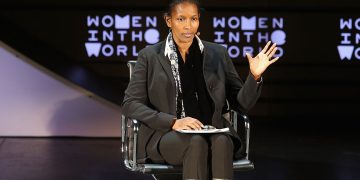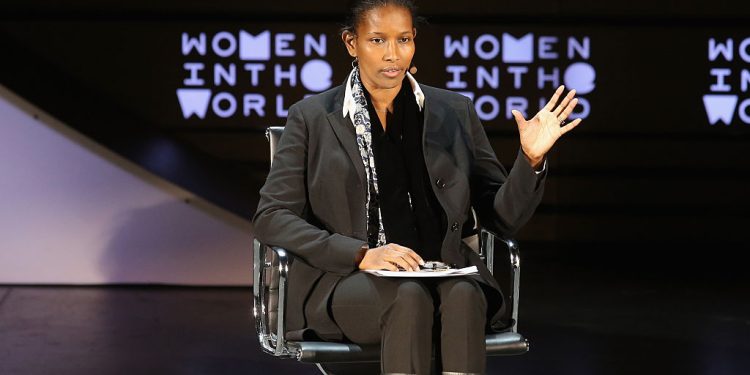Human rights activist Ayaan Hirsi Ali, a former Muslim turned atheist, opened up about her conversion to Christianity.
In a weekend essay on UnHerd titled “Why I Am Now A Christian,” Ali revealed she got rid of her faith in God after she discovered a 1927 lecture by Bertrand Russell entitled “Why I am Not a Christian” in 2002.
“When I read Russell’s lecture, I found my cognitive dissonance easing. It was a relief to adopt an attitude of scepticism (sic) towards religious doctrine, discard my faith in God and declare that no such entity existed,” she wrote, adding, “Best of all, I could reject the existence of hell and the danger of everlasting punishment.”
The Somalian-born activist continued, “Russell’s assertion that religion is based primarily on fear resonated with me. I had lived for too long in terror of all the gruesome punishments that awaited me.”
Although she “abandoned all the rational reasons for believing in God,” Ali admitted she still couldn’t shake the “irrational fear of hellfire.”
Furthermore, Ali, 54, admitted Russell’s “conclusion thus came as something of a relief: ‘When I die, I shall rot.’”
In her essay, she went into detail about becoming an atheist 20 years ago after previously committing to Islam, which she now openly criticizes. She attributed her deconstruction to Russell’s claim that religion was “rooted in fear.”
She shared:
“As an atheist, I thought I would lose that fear. I also found an entirely new circle of friends, as different from the preachers of the Muslim Brotherhood as one could imagine. The more time I spent with them — people such as Christopher Hitchens and Richard Dawkins — the more confident I felt that I had made the right choice.”
She added, “For the atheists were clever. They were also a great deal of fun.”
Speaking on her conversion to Christianity, Ali attributed her decision to convert to Western civilization being “under threat” by three “different but related forces” such as woke theology, “the resurgence of great-power authoritarianism and expansionism in the forms of the Chinese Communist Party,” and the global rise of Islam.
“But we can’t fight off these formidable forces unless we can answer the question: what is it that unites us? The response that ‘God is dead!’ seems insufficient,” she shared.
Ali continued, “So, too, does the attempt to find solace in ‘the rules-based liberal international order.’ The only credible answer, I believe, lies in our desire to uphold the legacy of the Judeo-Christian tradition.”


























 Continue with Google
Continue with Google